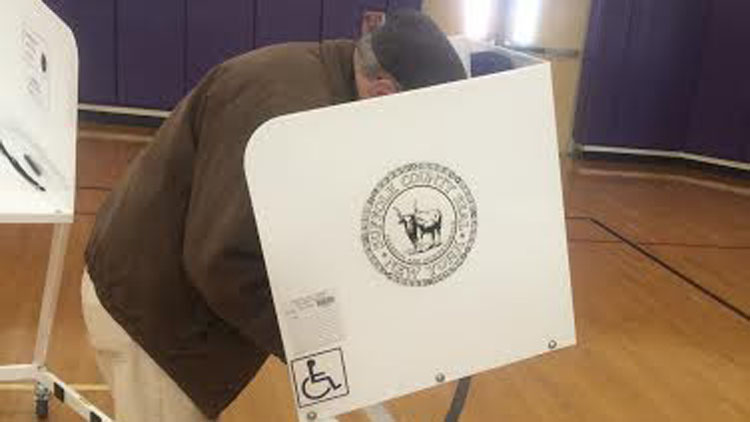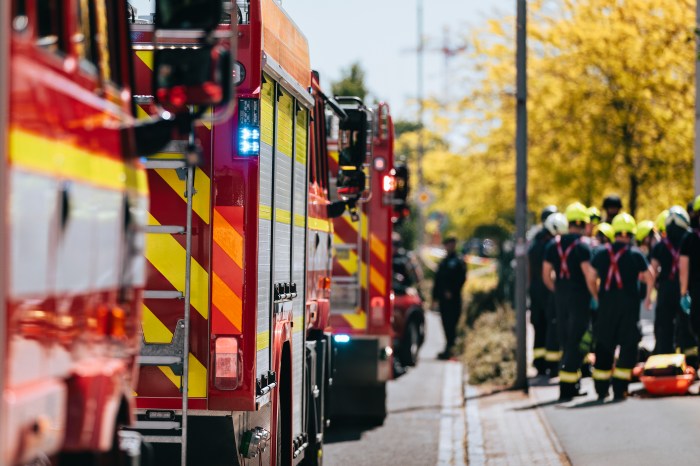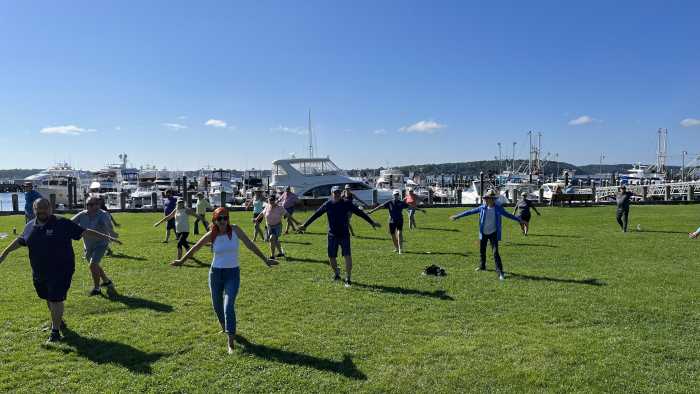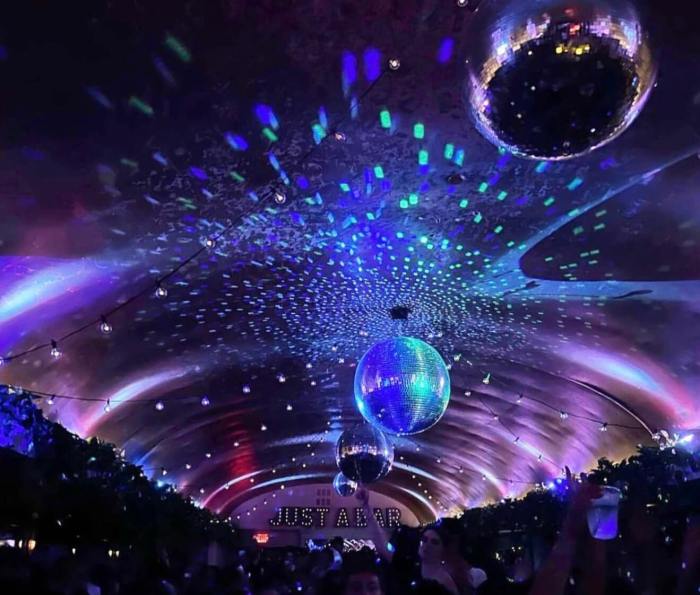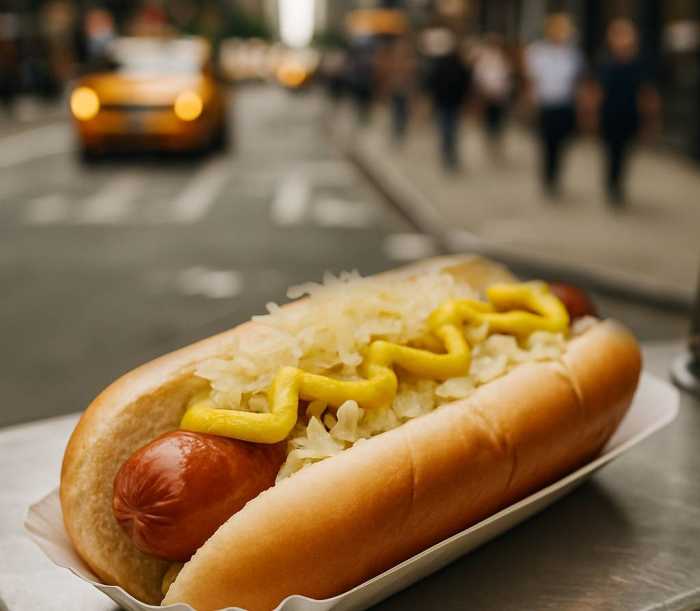Some New York voters were so proud about participating in the democratic process on Election Day two weeks ago that they may have unknowingly broke the law by snapping a photo of their marked ballot and posting it on social media.
That’s because showing another person a marked ballot is considered a misdemeanor under New York State law. Experts began bringing attention to the issue due to the high number of so-called “voter selfies” that have been taken in recent elections by enthusiastic voting Americans, and then posted on such social networks as Facebook and Instagram.
“This issue has come up with the last few presidential elections,” said Jeff Hermes of New York-based Media Law Resource Center.
The Empire State is not alone. A majority of states nationwide have such laws prohibiting photographs of marked ballots.
The thinking behind these laws, according to Hermes, is that photos of marked ballots can be used for such illicit behavior as vote buying or voter intimidation. For example, a person looking to push a certain candidate can pay someone to vote, but ask for a picture as proof that they followed through, he said.
“The majority of these laws were promulgated before it was a simple matter to discreetly take a photograph of one’s ballot with a cellphone, and then publish that image to the Internet,” Hermes explained in blog post prior to the 2012 presidential election.
“It is quite possible,” he added, “that the lack of a temporal or geographic limitation on a ban on disclosure of one’s ballot is the result of nothing more than the failure of lawmakers to realize that it would even be possible to display the image of a ballot, after the ballot has been cast and the election has ended.”
In New York, a person could be charged if the voter “shows his ballot after it is prepared for voting, to any person so as to reveal the contents or solicits a voter to show the same…or places any mark upon his ballot, or does any other act in connection with his ballot with the intent that it may be identified as the one voted by him.”
Critics of the laws say prohibiting ballot photos is an attack on political speech.
The New Hampshire Civil Liberties Union is taking the issue a step further by challenging the state’s laws on photography in court. The organization filed a lawsuit Oct. 31 on behalf of three voters in the state, including an elected official, on the grounds that it violates free speech. The law went into effect there on Sept. 1.
“What this law ignores is that displaying a photograph of a marked ballot on the Internet is a powerful form of political speech that conveys various constitutionally-protected messages,” the NHCLU said. “This form of speech can convey a sense of pride from an 18-year-old, newly-minted voter who is enthusiastic about voting in her first presidential selection.”




